
PC market sees biggest-ever drop in shipments, but don't blame Windows 10
Things are not looking good for the PC market. The fourth quarter of 2015 registered the biggest-ever year-over-year drop in shipments, as IDC's Worldwide Quarterly PC Tracker revealed a 10.6 percent fall compared to the same period in 2014. For the whole of 2015, shipments are said to have dropped by 10.4 percent compared to the year prior.
Lenovo was the vendor with most PCs shipped in 2015, followed by HP and Dell. However, with the exception of Apple, all other vendors in IDC's top five have seen their shipments dropping last year. Mac shipments rose by 6.2 percent, according to the report.
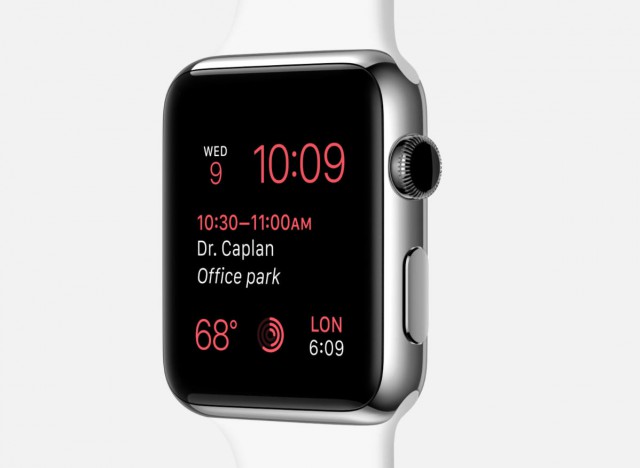
Apple Watch has 52 percent share of smartwatch market
If you need any more proof that Apple Watch is the smartwatch to beat, Juniper Research has just released a report on smartwatch shipments in 2015 which puts Apple's device at the top of the list with a whopping 52 percent share.
Apple Watch only went on sale in April, so its 52 percent market share was reached in just over eight months. Meanwhile, Android Wear shipments came in at "less than 10 percent" in 2015. Other rivals did not fare well either.
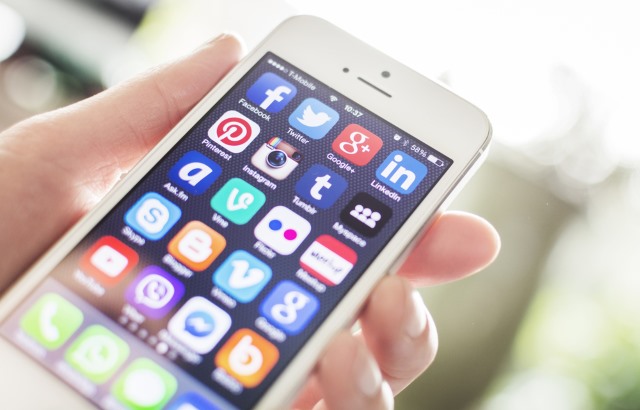
Is Apple really building an iOS to Android migration tool?
Apple is rumored to be working on a tool that will make it easier for iOS users to migrate to Android, following pressure from major European mobile operators. The carriers apparently believe that it is too difficult for their iPhone-toting customers to switch to a device running the more popular operating system, which severely limits their options come upgrade time.
Apple actually has a similar tool, but it is there to help Android users migrate to iOS, and not the other way around. Developing a tool that would basically enable it to (more quickly) lose customers to major rivals, like Samsung, sounds like Apple agreeing to shooting itself in the foot. But is the iPhone maker actually building it?
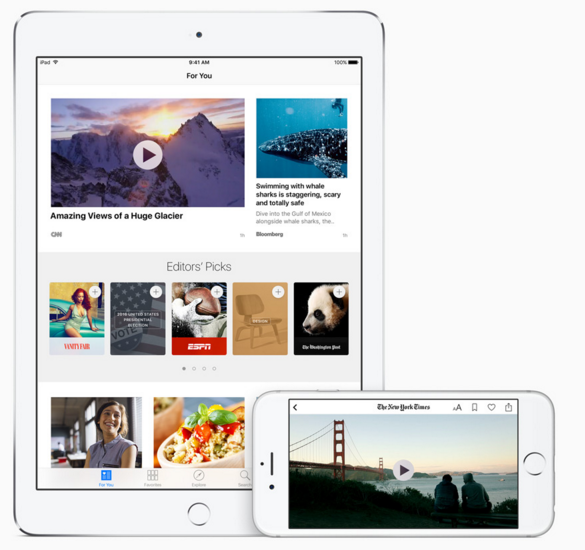
Apple previews upcoming iOS 9.3 features for iPad, iPhone, and iPod touch
If you want a very secure and feature-rich Unix-like mobile operating system, Apple's iOS is incredible. In fact, many forward thinking folks, like myself, envision a day where it becomes a desktop OS too, potentially replacing OS X. While iPad Pro is a good first step, the iOS operating system still has a long way to go in that regard.
Today, Apple announces the features for the upcoming iOS 9.3 -- currently in beta. While hardly revolutionary, this evolutionary upgrade is packed full of some really cool new things. It may even be able to help you sleep better. No, really; iOS 9.3 could improve your overall health and well-being.
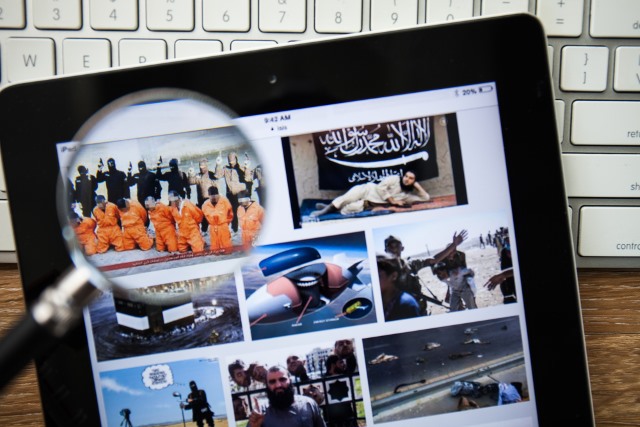
Tech firms ready to work with US spy agencies to combat IS and online terrorism
Silicon Valley met with the US government on Friday to discuss how to tackle online terrorist propaganda from the likes of IS. At a closed-door meeting, Tim Cook and representative of Facebook, Twitter, Microsoft and other tech firms spoke with White House officials to try to find a way to combat terrorists on the web.
Joined by the likes of the NSA and FBI, the technology firms, and the Obama administration are seeking ways to stop terrorist propaganda being disseminated online. IS has already proved itself to be a masterful manipulator of the media, and has successfully used social networks such as Facebook and Twitter to get its message out.

Predictions #2 (and 3?): Microsoft and Apple hit walls
It isn’t easy being huge as both Apple and Microsoft are starting to realize. Both companies are incredibly successful and I’m not here to say either is in real danger, but both are suffering major structural challenges that will hurt them in 2016. What’s key for these predictions is how they respond.
I’ll deal with Microsoft first because there the challenges and solutions are both clearer than they are with Apple. I’ve been very impressed with Microsoft CEO Satya Nadella who I think hasn’t saved the company, because it didn’t need saving, but he’s a real improvement over Steve Ballmer. Nadella has done the best he can to get Microsoft in order and reinvigorated, not an easy job. His major remaining challenges involve Windows Phone and Windows 10.

Xiaomi's new ultrabook goes up against Apple's MacBook Air
Xiaomi is entering the laptop market with a device that looks to carry on the company tradition of delivering high specs at low cost.
The model has not yet been named, but is available for pre-order via Chinese retailer Banggood for £490.50.
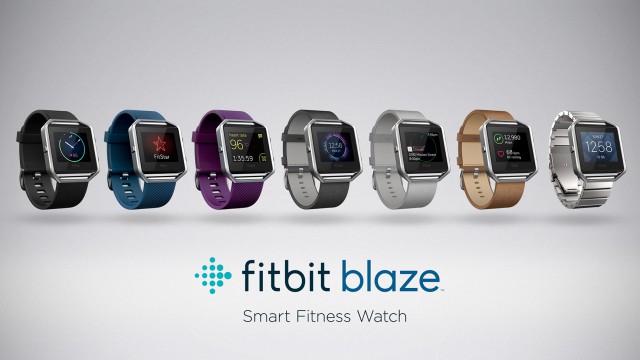
Fitbit announces Blaze smartwatch, investors aren't taking the news well
Fitbit's stock has taken a dive after the company announced a smartwatch at CES 2016, sending shares from $30.21 at the stock market's opening yesterday, to just $23.73 at the time of writing this article. It would seem that investors were not too keen on Fitbit going after the likes of Apple Watch with its upcoming Blaze.
Fitbit is focused on fitness trackers, and is actually the largest vendor in the wearables market, having shipped 4.7 million units in Q3 2015. The smartwatch market is dominated by Apple Watch; although there are no official sales numbers, IDC says that Apple sold 3.9 million units in the same time frame.
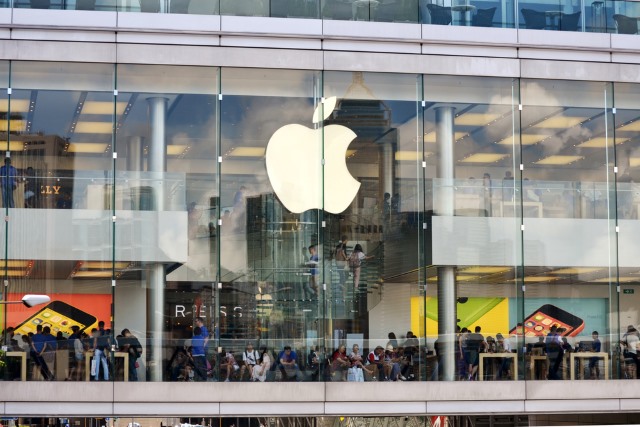
Apple announces record App Store revenue -- will that be enough to boost its falling share price?
Apple's stock has taken a huge hit in the past couple of months, with shares now trading close to the $100 mark. Investors seem to be overly concerned with the iPhone's performance in the last quarter of 2015, after analysts have delivered mixed sales estimates, and a so-called report of a 30 percent production cut for the first quarter of 2016 is only making things worse.
So, unsurprisingly, Apple is looking to reassure investors that it's in good financial health, revealing today a "record-breaking holiday season for the App Store". Is this the company's way of suggesting that hardware sales have actually been strong during the holiday season?

Does this secret tapping tip speed up your iPhone or iPad?
Do you feel the need, the need for speed? If your phone's feeling a little sluggish, you might think it's time to hit the stores and invest in a new one, but if you're an Apple fan, you might want to hold off making a new purchase until you try this little trick.
A sneaky tip is doing the round that purports to speed up iPhone performance after nothing more than a few taps. It is real? Is it an early April Fool? Is it wishful thinking? That's for you to decide. Try out the tip for yourself and see what you think.
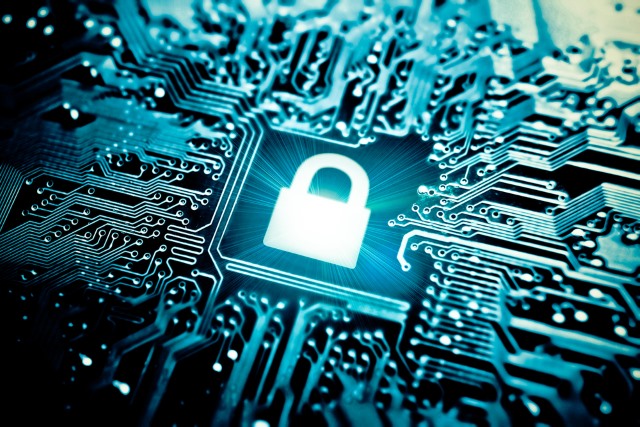
Windows doesn't top the vulnerability list for 2015, but Microsoft as a whole does
Software vulnerabilities are a daily event it seems, but some systems just have more of them. When we think of this a couple of names usually spring to mind -- Flash and Java. However, according to the new list being published by CVE Details, they aren't quite at the top, nor is Microsoft's oft-maligned operating system.
Basing its numbers on "distinct" vulnerabilities, the security firm has released its top 50 naughty list of 2015. Leading the way was, in fact, Apple, which claimed the top two spots -- Mac OS X with a number of 384 vulnerabilities, closely followed by iPhone OS (or iOS as most people like to call it) with 375.

China passes law requiring tech firms to hand over encryption keys
Apple may have said that it opposes the idea of weakening encryption and providing governments with backdoors into products, but things are rather different in China. The Chinese parliament has just passed a law that requires technology companies to comply with government requests for information, including handing over encryption keys.
Under the guise of counter-terrorism, the controversial law is the Chinese government's attempt to curtail the activities of militants and political activists. China already faces criticism from around the world not only for the infamous Great Firewall of China, but also the blatant online surveillance and censorship that takes place. This latest move is one that will be view very suspiciously by foreign companies operating within China, or looking to do so.
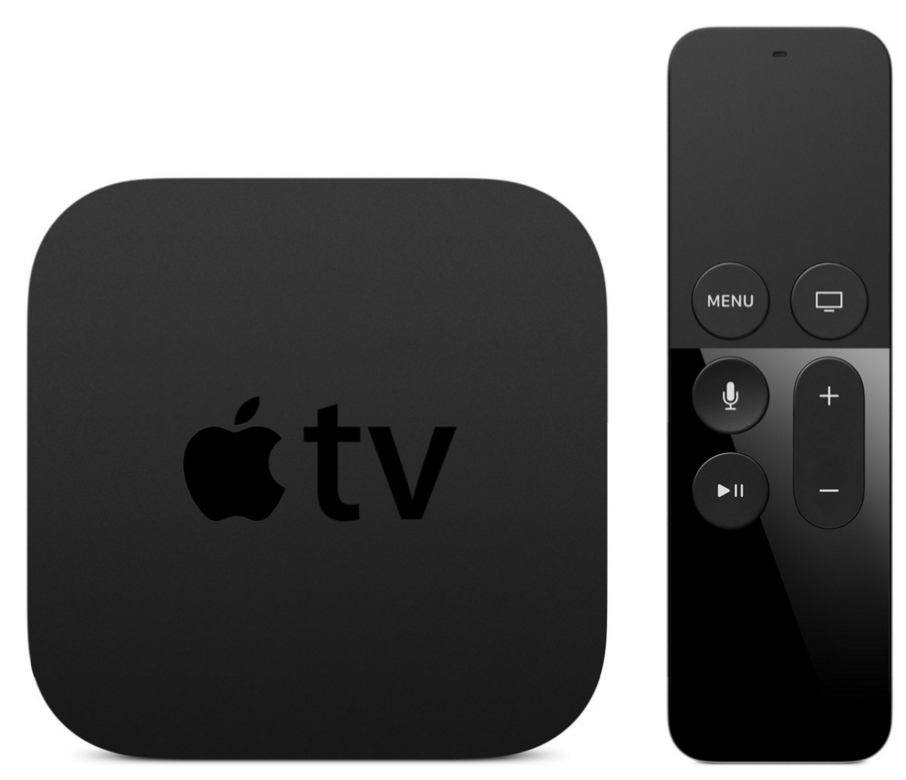
Santa brought you a 4th generation Apple TV? Here's what to do first
As far as I'm concerned, Apple won 2015 -- feel free to disagree. According to yours truly, the privacy-focused company holds the crowns for best smartphone (iPhone 6s Plus), best tablets (iPad mini 4, Air 2, Pro), best smartwatch (Apple Watch) and, of course, the best streaming media box of the year. Yes, I am talking about the amazing 4th gen Apple TV.
Did Santa bring you one for Christmas this year? Well, you must have been good, because it is a wonderful steaming media box. Actually, it is much more than that; it is also an incredible gaming console -- the Siri remote doubles as a passable gamepad. Ready to use the Apple TV? Here is what you need to do first.

Apple deems iPhone 6s too expensive for India, slashes prices
In some markets, consumers who want to get an iPhone 6s can expect to pay about $1000 just to get their hands on the base model. In India, for instance, the 16 GB version of Apple's smaller flagship officially arrived with a price tag of $935 (Rs 62,000). At the other end of the spectrum, an iPhone 6s Plus with 128 GB of storage could be had for a whopping $1390 (Rs 92,000).
The high barrier of entry seems to have been too much for many prospective buyers because Apple has just slashed the prices of its latest flagships by at least 10 percent across the board in India. A price cut so soon after an iPhone launch -- keep in mind, iPhone 6s and iPhone 6s Plus were officially announced in September -- is unheard of.

Tim Cook: Apple will not budge on encryption
With many U.S. lawmakers calling for an end to encryption, Tim Cook has decided to reiterate Apple’s stance on the matter. Apple’s CEO believes that when it comes to encryption there is no trade-off between privacy and national security.
During CBS’ program 60 Minutes, on Sunday Cook defended the need for encryption and how it important it is to Apple and its consumers. According to Cook, there is no reason why Americans should not be able to have privacy while simultaneously protecting America’s national security.
